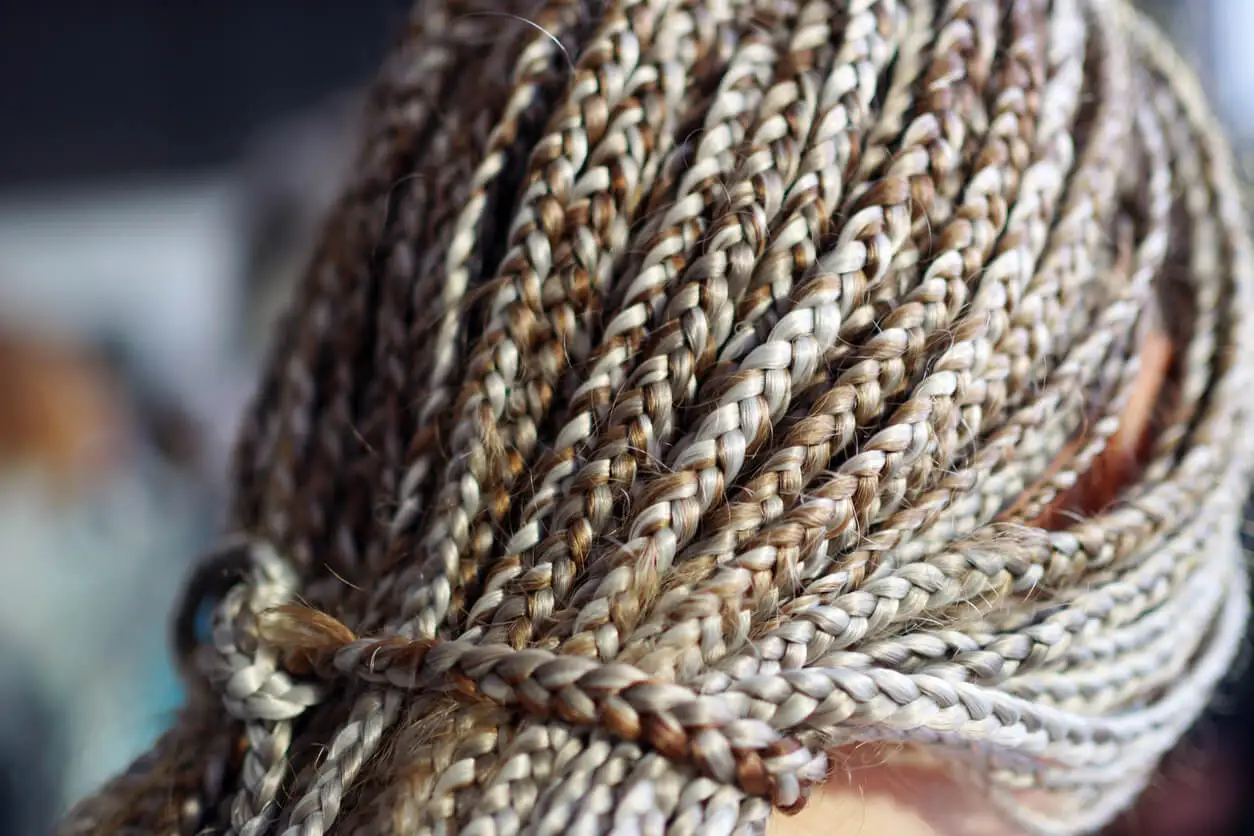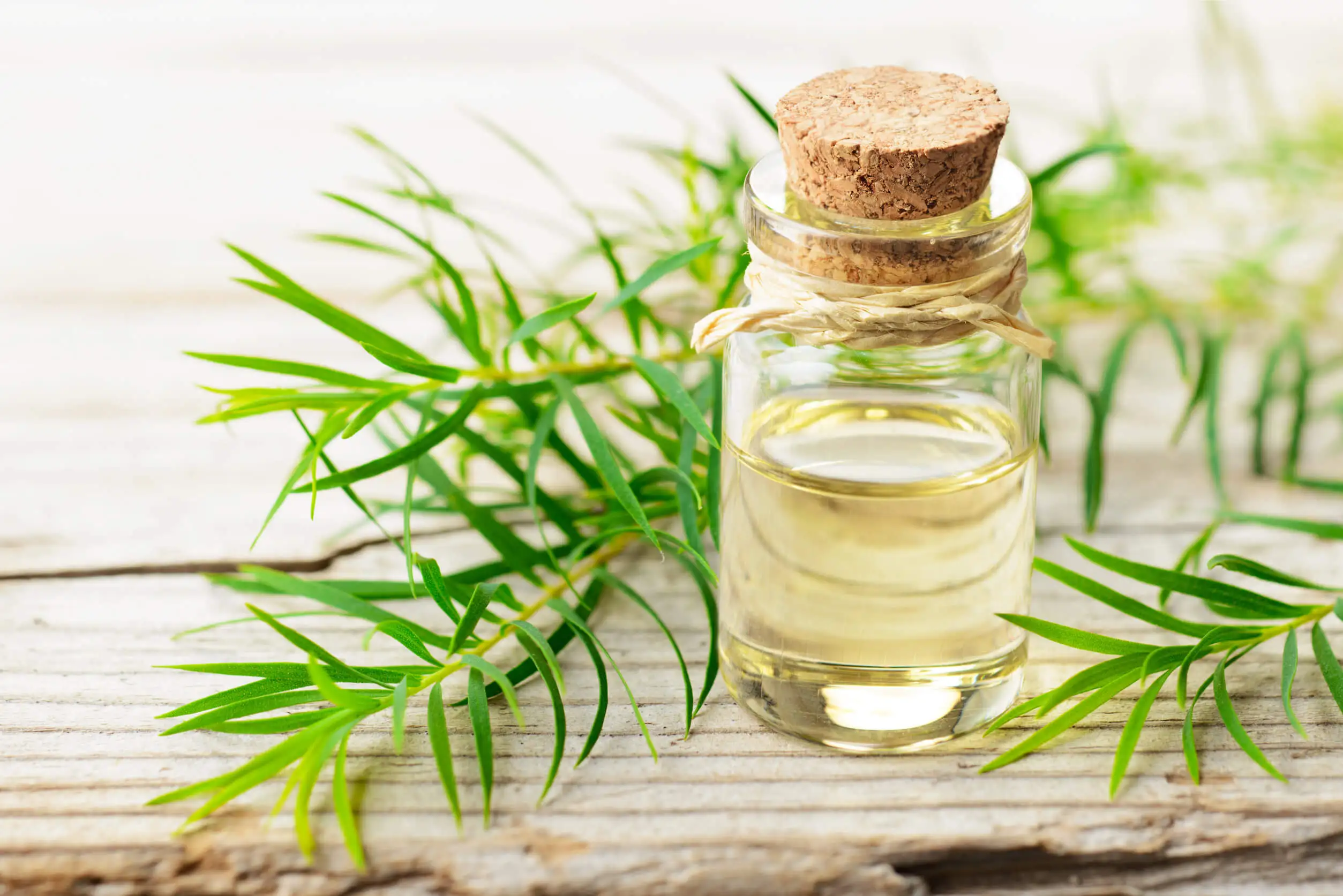African Braids or Box Braids: The Keys to Look Perfect

Looking for a curious, timeless, and unisex hairstyle? African braids are an eye-catching weave that anyone with long hair can wear.
They are also known as box braids. Although they have been worn since ancient times, today, they’ve truly broken the mold, providing a versatile look for casual occasions and more formal events.
It’s precisely the originality of the braid that gives it charm and makes a difference. This is considered a functional hairstyle, because it lasts several days, reduces the sensation of heat, and contributes to hair growth.
For these characteristics to be fulfilled, it’s essential to weave box braids properly and provide them with meticulous care. Here’s how to do it.
African braids: Many different hairstyles, all in one
The traditional African braid is the one that’s completely attached to the scalp, but you can also weave the braids a little looser. The longer the hair, the more impressive the braids look.
You can also play with buns, weaving only one side of the head, or a part of the strands. The tightness and polishing stand out in this style, adaptable to both curly and straight hair.
To put the braids together it’s necessary that the hair is clean, untangled, and preferably textured with dry shampoo. Then comes the workmanship:
- Sectioning by strands: Divide the hair into 4 large strands, clip 3 with tongs, and start working on the one that’s loose. The main divisions have to mark equal braids.
- Weave in symmetry: Separate the locks into 3 proportional pieces and weave as close to the scalp as possible. As you pass the sides over the center one, incorporate new pieces. Finish a section and repeat the process.
- Fixing the style: To get a tight and polished braid, fix the style with a spray.

Tips to make African braids look perfect
There are people dedicated exclusively to the craft of African braiding; it’s usually pretty easy to find them in a professional salon. It’s best that they do it themselves, as this guarantees the best results.
To extend the duration and perfection of box braids, the key is in their maintenance. So, here are the essential tips to follow.
We think you may be interested in reading this, too: Smoky Gold: Check Out the Latest Hair Trend for a Younger Look
Don’t wash your hair every day
It’s best to schedule your hair to be washed every week, but this suggestion is determined by your hair type. In any case, don’t wash it every day, because you run the risk of breaking the braids, loosening them, or causing frizz.
To take care of your hygiene is of great support dry shampoo. Spray the cleanser and rub the braids with your fingertips.
Don’t scrub your braids.
Use more water than shampoo and conditioner
On full wash days, don’t apply shampoo and conditioner directly on the braids. The technique is to dilute each substance in dispensers containing 90% water and the remaining 10% cleansers.
First, pour a little of the shampoo mixture onto the head, covering the scalp and box braids. Massage gently until lathering, rinse with water, and switch to conditioner to rinse again. This process removes oil from the hair and prevents flaking.
Moisturize the roots of the braids
African braids involve a rigorous pressing technique, but the scalp resents the compression of the strands and some tugging pulls strands from the roots. Soothe any discomfort by rubbing a little essential oil from the edges where the braids are born.
Rinse with a cup
Letting the water from the shower fall on the strands makes them less tidy once they are dry. It’s best to use a bowl or a removable shower to rinse them because you control the impact of the water spray.
Dry with a towel
If you are in a hurry, you can use the hair dryer at a very low temperature, but it would be best to dry with a microfiber cloth. This tip is essential so that the braid doesn’t feel heavy because of the water.
Wear a sleeping cap
The cap serves as a shield against unruly hair. Scarves, handkerchiefs, or bandanas that are not made of absorbent fabrics are also useful for this purpose, as the braids retain their natural moisture.
Shine your braids
Use a shine spray to spruce up the braid. This is a wonderful way to make the style look impeccable. In addition, you use the components of the product to add vitality and nourishment to the hair.
Moisturize your hair
Oils or hair products with natural ingredients moisturize the braids. You can apply them directly or combine them with rose water, massaging the scalp and spreading them on the weave.
Organic moisturizing essences include the following:
- Honey
- Coconut oil
- Jojoba oil
- Shea butter
- Avocado oil
- Aloe vera
- Tea tree oil

An additional way to moisturize braided hair is to spray water on dry hair.
What happens if hair with African braids isn’t properly cared for?
The first thing that happens with neglected braids is that they fall apart. In addition, this hairstyle demands your hairskincare be impeccable, even if it’s not washed every day.
The Spanish Academy of Dermatology and Venereology stresses that, beyond aesthetic reasons, it’s essential to periodically get rid of the grease and dirt that accumulates on the scalp. This way, the substance doesn’t become a source of microorganisms and infections.
Not taking care of your braids also leads to dryness, one of the hair disorders that compromise the health of the hair and have a psychological impact on those who suffer from it.
Like this article? You may also like to read: Get Silky Shiny Hair with this Banana and Avocado Hair Mask
What you should keep in mind when wearing African braids
Consider that overly tight braids tighten the scalp skin, possibly leading to traction alopecia or irritation. An analysis published in the journal Actas Dermo-Sifiliográficas reported cases of non-infectious and mildly painful mechanical folliculitis in women with excessively tight braids.
If you feel discomfort or pain during or after braiding, notify your hairstylist. This type of hairstyle lasts for a maximum of 1 month. After this time, the hair should be released to take a break and be revitalized with hair scrubs, masks, and vitamins.
All cited sources were thoroughly reviewed by our team to ensure their quality, reliability, currency, and validity. The bibliography of this article was considered reliable and of academic or scientific accuracy.
- Achenbach RE, Pérez Elizondo AD. Alopecia por tracción: identificación de un motivo de consulta en dermatología. Revista Argentina de Dermatología. Vol. 97. Núm. 2. Argentina; 2016. http://rad-online.org.ar/2016/07/01/alopecia-por-traccion-identificacion-de-un-motivo-de-consulta-en-dermatologia/
- Barrios M, Sudy E, Urbina F. Foliculitis por tracción: seis casos producidos por diferentes tipos de peinado tirante. Actas Dermo-Sifilográficas. Vol. 100. Núm. 6. pp. 503-506. España; 2009. https://www.mendeley.com/catalogue/bcb37add-89d8-35fe-b235-d7fa8669c9ea/?utm_source=desktop&utm_medium=1.19.4&utm_campaign=open_catalog&userDocumentId=%7Bc269bb98-81b6-4b23-9cf6-341450556632%7D
- Bonet R, Garrote A. Alteraciones del cabello y del cuero cabelludo. Cosmética capilar de tratamiento. Offarm. Vol. 27. Núm. 3. pp. 72-78. España; https://www.elsevier.es/es-revista-offarm-4-articulo-alteraciones-del-cabello-del-cuero-13116881
- Conejo Mir L. La moda de los sustitutos del champú. Academia Española de Dermatología y Venereología. España; 2016. https://aedv.fundacionpielsana.es/pelo/la-moda-de-los-sustitutos-del-champu
This text is provided for informational purposes only and does not replace consultation with a professional. If in doubt, consult your specialist.








